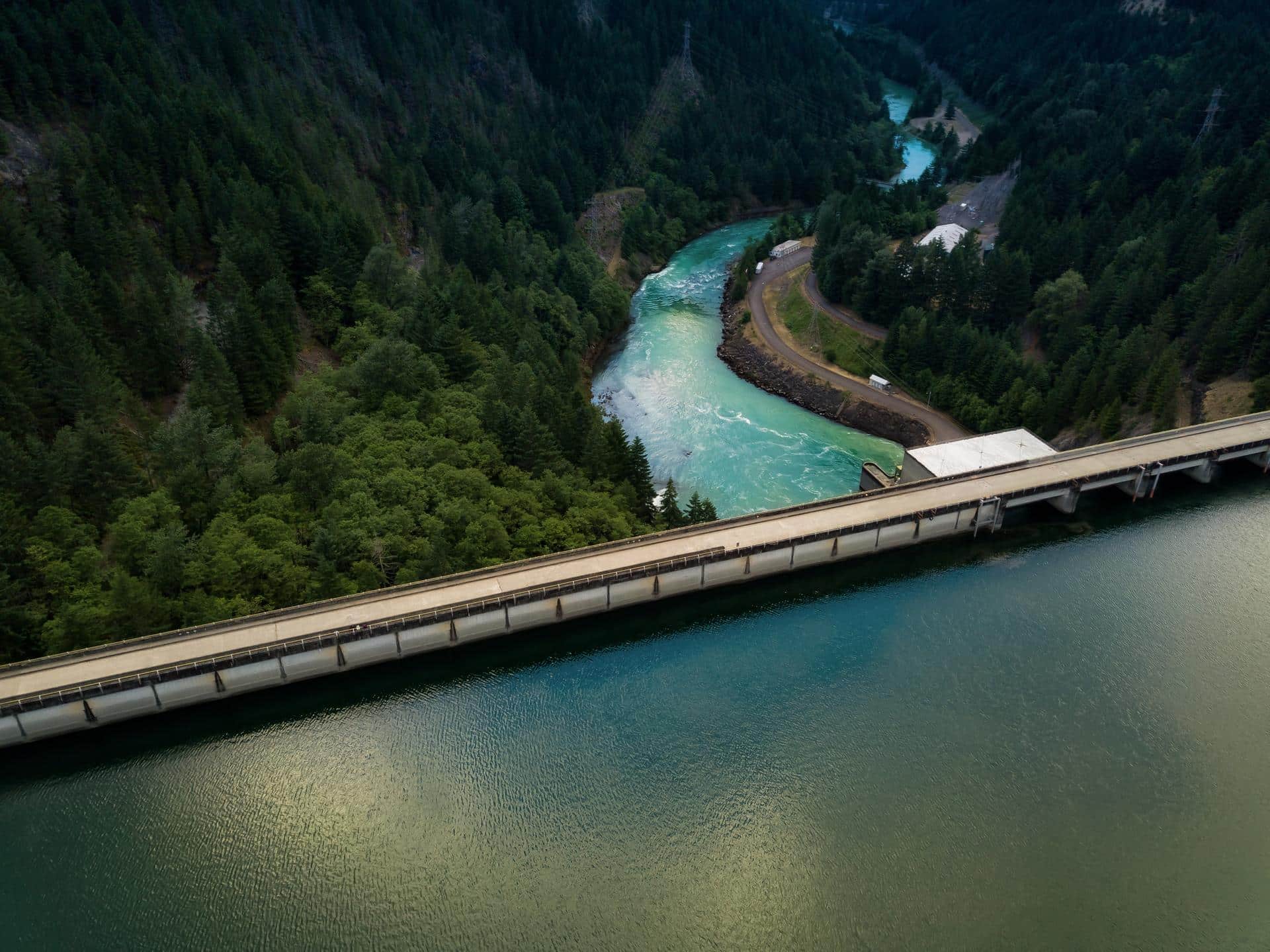
Important events

Yet another year with record high power prices
The war in Ukraine, gas shortages in Europe, challenges at important nuclear power plants and drought resulted in extreme energy prices on the continent, and this same price development became applicable for Southern Norway. The climate in Southern Norway was very dry until October, and for much of the year, the power companies had to produce at below normal levels. There was more precipitation in the final quarter, and at the beginning of 2023 Norway had good security of energy supply and normal reservoir levels. The extreme price situation has been extremely demanding for both private consumers and the business sector, and Hafslund takes a positive view of the measures initiated by the government authorities to introduce electricity subsidies and facilitate greater predictability and stability for the business sector by extending the contract exemption in the resource rent tax.
Historically high prices and volatility in the financial power market in August led some members on the NASDAQ power exchange to publicly disclose the challenges of providing sufficient liquidity for their financial positions. State aid was thereafter quickly introduced in several Scandinavian countries. An important step in reducing positions in the financial marketplace, and thereby helping to reduce risk, is to transfer positions to bilateral agreements with other power and energy companies. Hafslund preventively took such steps in the second quarter and increasingly through the third quarter of 2022.
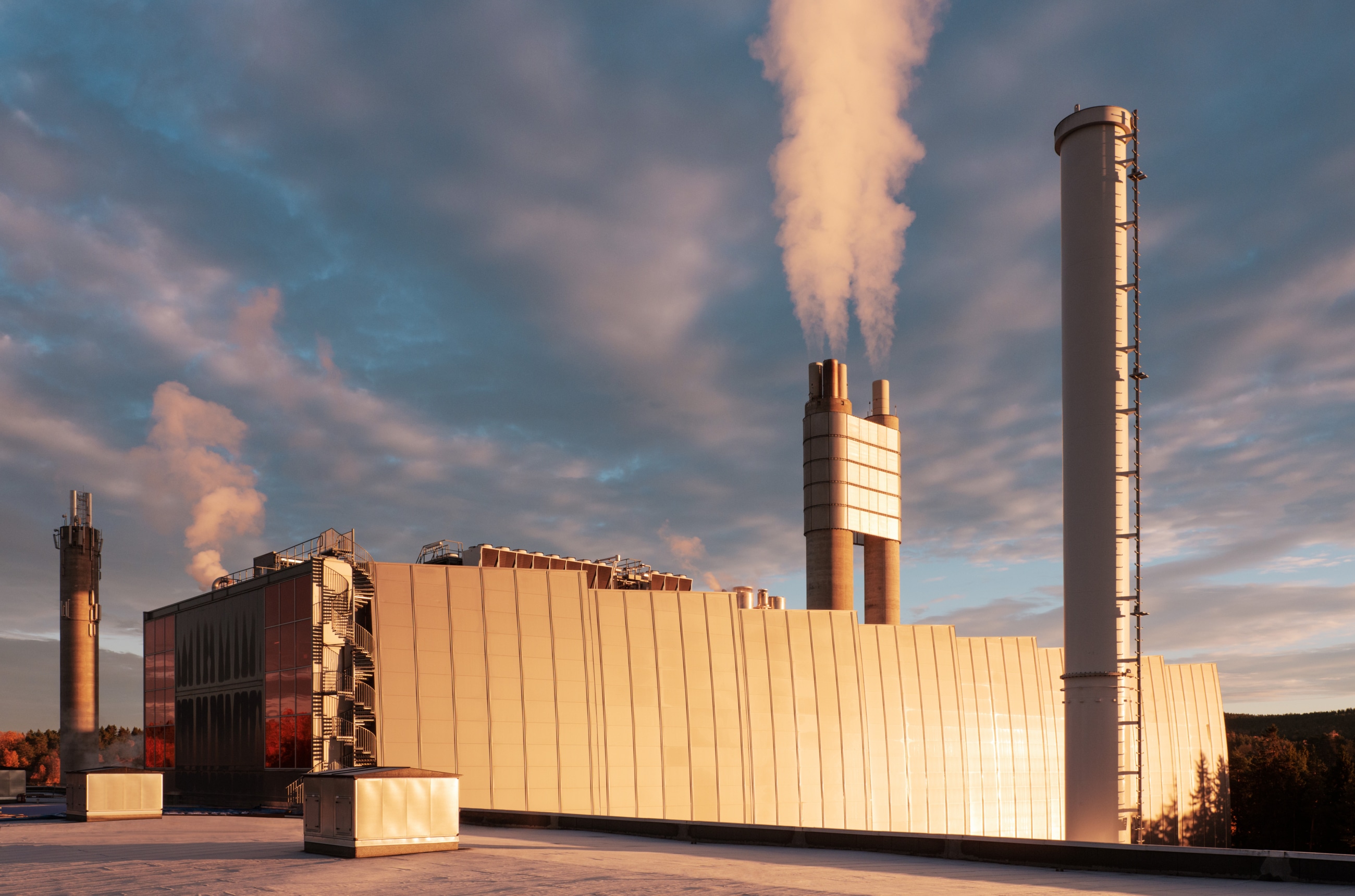
Hafslund acquired Fortum Oslo Varme and became an energy and infrastructure group
In May, Hafslund acquired 60 per cent of Fortum Oslo Varme, which is now called Hafslund Oslo Celsio. The Group thus gained approximately 200 new employees, and heating, energy-positive waste management, district cooling and fibre have become part of the Group’s core business. Hafslund Oslo Celsio has a strong connection to Oslo, and ownership of this company strengthens the Group’s capacity to be a driving force for electrification and development of sustainable infrastructure in Oslo.
In 2022 Hafslund’s growth and investment activities were also consolidated into a separate company called Hafslund Vekst. The Hafslund Group now consists of three distinct business areas with hydropower in Hafslund Eco Vannkraft, district heating and cooling in Hafslund Oslo Celsio and growth initiatives and industrial ownership at Hafslund Vekst. The Group has become an energy and infrastructure company with a clear agenda for contributing to the development of a renewable Norway and a green and smart Oslo.
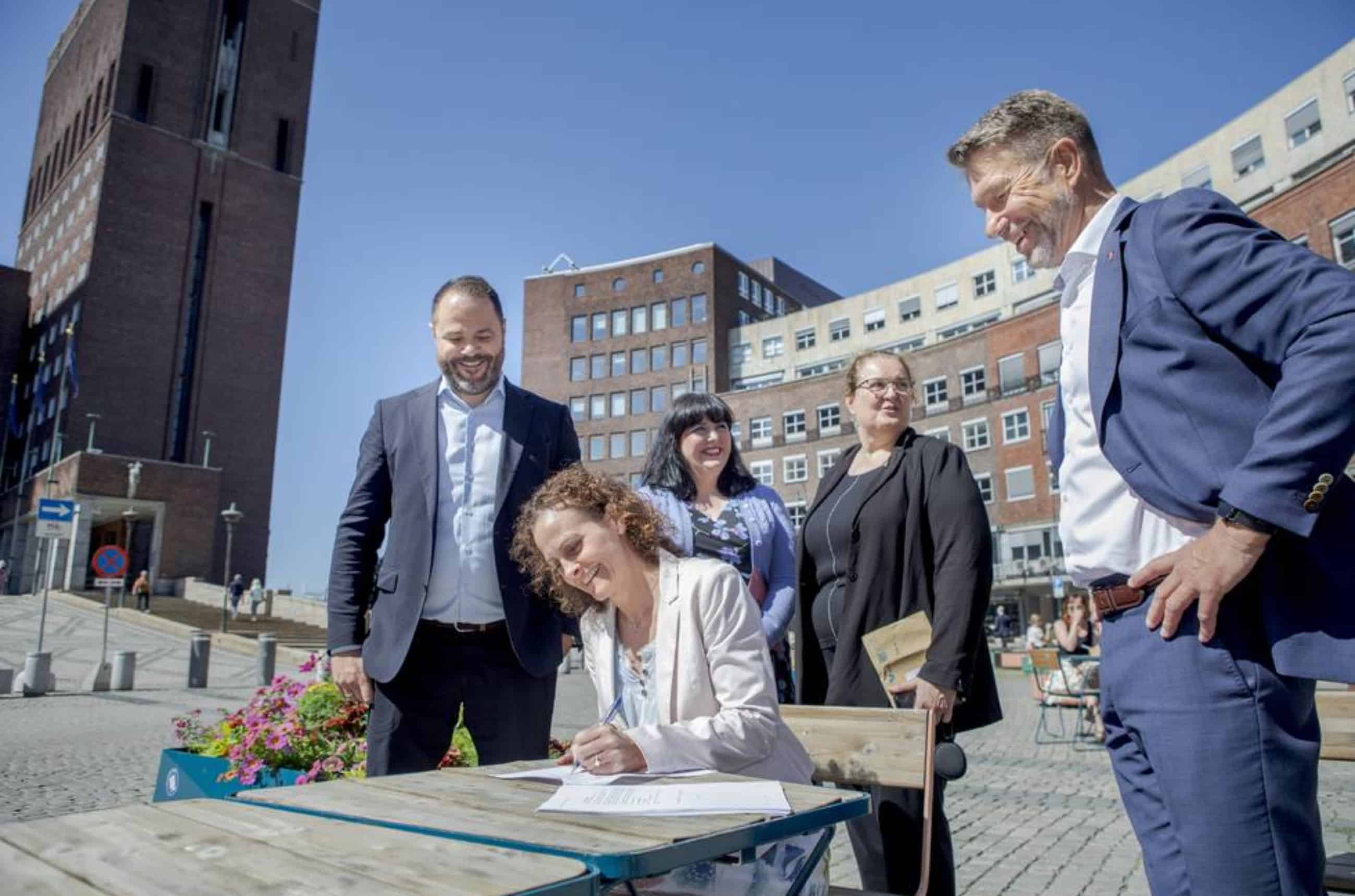
Breaking of ground for carbon capture and storage at Klemetsrud
On 26 June 2022, Hafslund Oslo Celsio, the City of Oslo and the Norwegian Government signed an agreement to finance a full-scale carbon capture and storage plant connected to the waste incineration plant at Klemetsrud. Liquid CO₂ will be transported from Klemetsrud to the Port of Oslo, and from there to storage under the seabed in the North Sea as part of the Longship project. Carbon capture at Klemetsrud will make a significant contribution towards reducing Oslo’s total greenhouse gas emissions. The carbon capture project will be the first in the world to construct full-scale carbon capture at an operational waste incineration plant, and a great deal will be required from the Group to realise the project. Construction commenced in August 2022 with blasting work and the demolition of administration buildings to prepare the area for the carbon capture plant.
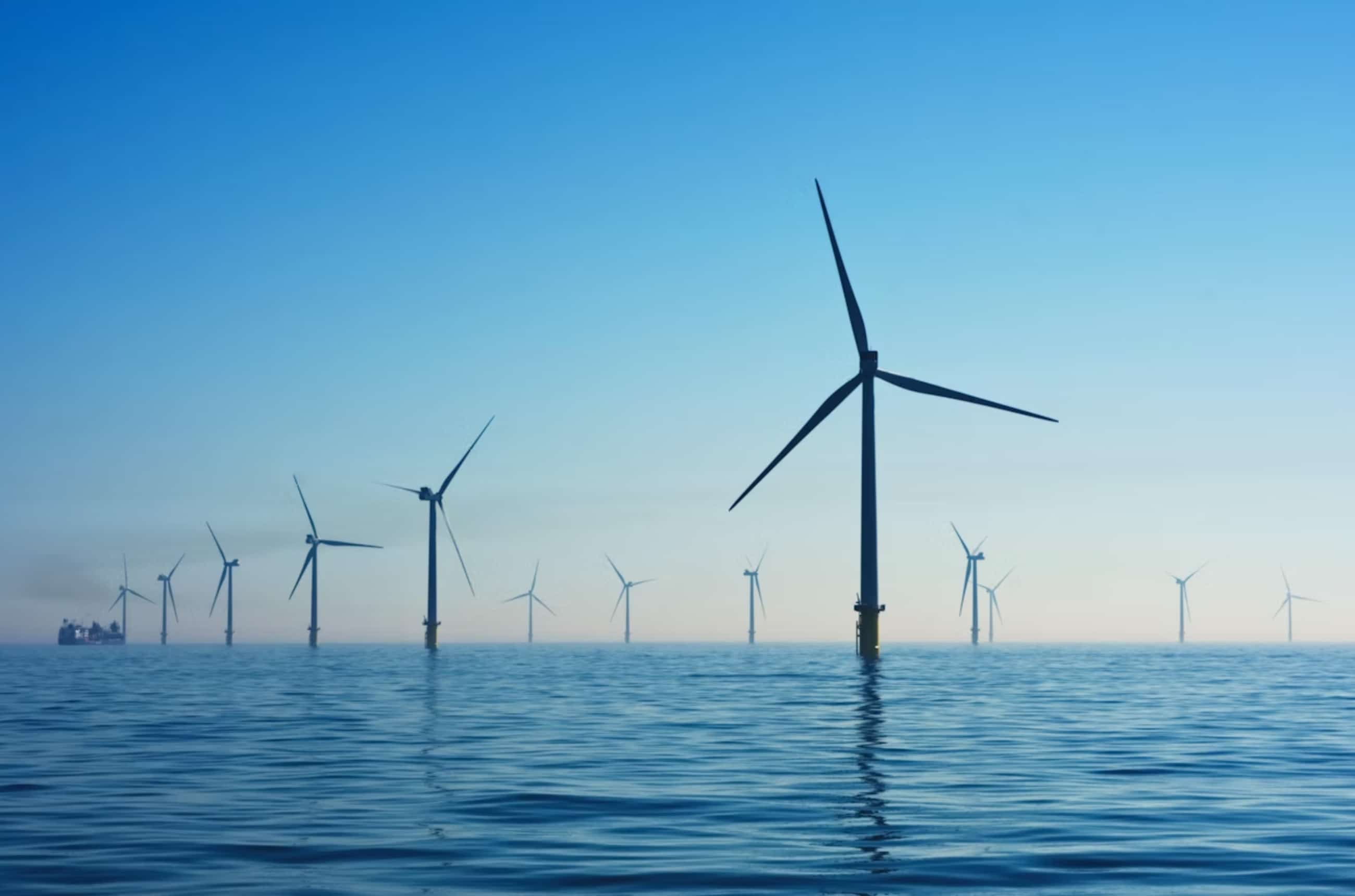
Blåvinge partnership to compete for offshore wind licences in the North Sea
The start of 2022 was characterised by an increasingly tighter energy situation, which highlighted the fact that Europe has a strong need for large amounts of new renewable energy. When the Norwegian Government raised its stated ambitions for offshore wind to 30 GW by 2040 in May, this was good news for Hafslund and the rest of renewable Norway. The Blåvinge offshore wind partnership, of which Hafslund is one of three partners, is well underway in preparing to bid for the first areas of Utsira Nord and Sørlig Nordsjø II.
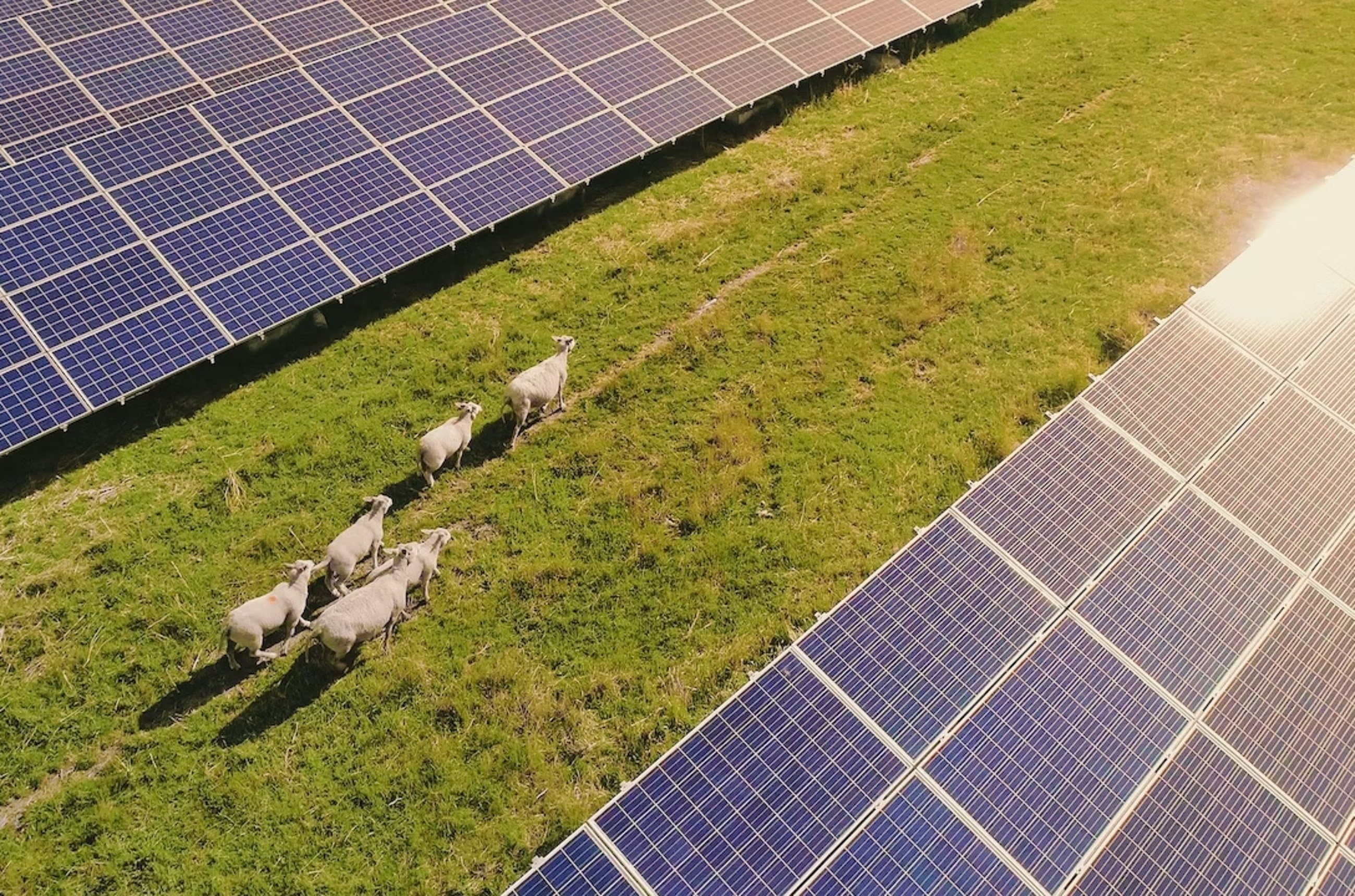
Solar energy from both solar parks and solar panels on roofs and facades
The strong need for more renewable energy has accelerated the development of most production technologies, and the potential for solar power has also been demonstrated in Norway. In May, the Norwegian Water Resources and Energy Directorate (NVE) awarded its first licence to a major onshore solar power plant, and it is expected that solar power will make an increasingly greater contribution towards the Norwegian and European power system. During 2022, Hafslund established investments in both large-scale solar and solar panels on roofs and facades. In autumn 2022, Hafslund established a new solar power company in Norway together with the investment company Magnora ASA and the Swedish solar park developer Helios AB. Together with the housing developer OBOS, Hafslund established the company Solway, which will accelerate the development of the enormous potential of clean and locally-sourced solar energy from roofs and facades in Oslo.
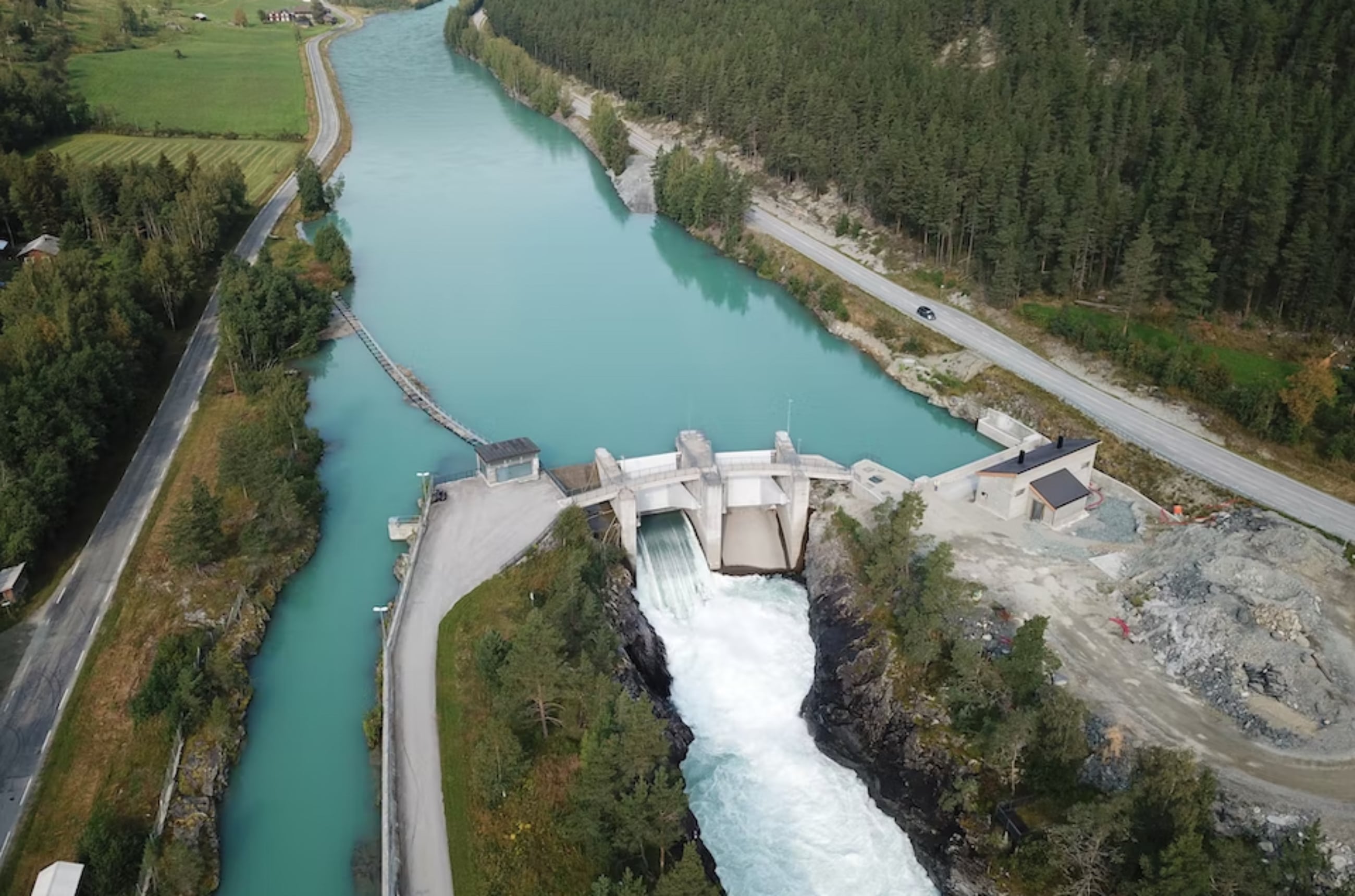
Major changes to the power industry's framework conditions
The energy crisis, and the associated price crisis, have dominated the news cycle and political debates over the past year, and never before has there been greater interest in the energy sources and value chains of which Hafslund is a part. Major decisions in connection with the national budget in the autumn of 2022 have become the impetus for Hafslund’s operations, and the Group has engaged itself in the debate on changes to framework conditions and taxation. Hafslund is convinced that there are opportunities to improve the value chain and to ensure sufficient redistribution that does not come at the cost of what society needs most, namely the development of large amounts of new renewable energy.
Amended framework conditions for contracts with the business sector
Hafslund appreciates that the government authorities have made it possible to sell multi-year fixed-price agreements to the business sector by allowing the contract price and not spot price to constitute the basis for resource rent taxation. Hafslund has been offering these types of agreements since 1 January 2023, and the Group has a desire to be part of the initiatives that facilitate better electricity agreements for both the business sector and private consumers.
Higher tax on power production
The increase in the resource rent tax from 37 to 45 per cent and the introduction of a high-price contribution mean that the marginal tax rate is 90 per cent when the power price exceeds 70 øre/kWh. Hafslund understands that the Norwegian State wants to recoup more of the profits generated in the power industry under exceptional market conditions with extreme prices. However, the Group has engaged itself in the public debate with the message that taxes have to be determined in a manner that does not compromise the continued development of existing plants and investments in new renewable energy, which is the actual long-term solution to reducing prices and absolutely essential for achieving targeted emissions cuts. The tax package has the heaviest impact on the hydropower investments that the NVE considers to be needed the most, i.e. the investments in output that enable a large amount of electricity to be produced in a short period of time when there is little wind and solar power available.